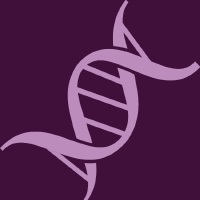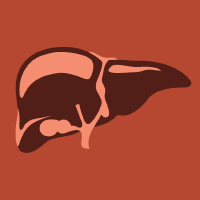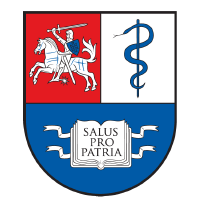Topic Menu
► Topic MenuTopic Editors

Recent Advances in Hepatology
Topic Information
Dear Colleagues,
Over the past few years, rapid progress in scientific research in hepatology has been achieved. The availability of new drugs for the treatment of hepatitis C made it possible to heal all patients with the disease, and our growing understanding of the pathophysiological mechanisms responsible for the progression of liver damage and the development of clinical complications changed outcomes radically for cirrhotic patients. This has led to the identification, for numerous liver diseases, of precise drug therapy targets, which for the first time have been shown to substantially modify patient survival. In the present Research Topic “Recent Advances in Hepatology”, the aim is to collect a number of review articles that highlight significant and more recent advances in the pathophysiology and management of liver diseases. Specific chapters will be dedicated to end-stage liver disease and complications of portal hypertension as well as primary liver cancers. In summary, this Research Topic will offer readers an up-to-date and authoritative view on pathophysiology and management of advanced liver disease with the aim to improve the clinical management of patients in the forthcoming future.
Dr. Lorenzo Ridola
Prof. Oliviero Riggio
Topic Editors
Keywords
- portal hypertension
- ascites
- gastrointestinal bleeding
- hepatic encephalopathy
- acute on chronic liver failure
- hepatocellular carcinoma
- cholangiocarcinoma
- acute kidney injury
- cirrhosis
Participating Journals
| Journal Name | Impact Factor | CiteScore | Launched Year | First Decision (median) | APC |
|---|---|---|---|---|---|

Biomedicines
|
4.7 | 3.7 | 2013 | 15.4 Days | CHF 2600 |

International Journal of Molecular Sciences
|
5.6 | 7.8 | 2000 | 16.3 Days | CHF 2900 |

Journal of Clinical Medicine
|
3.9 | 5.4 | 2012 | 17.9 Days | CHF 2600 |

Journal of Personalized Medicine
|
3.4 | 2.6 | 2011 | 17.8 Days | CHF 2600 |

Livers
|
- | - | 2021 | 22 Days | CHF 1000 |

Medical Sciences
|
- | - | 2013 | 20.3 Days | CHF 1400 |

Medicina
|
2.6 | 3.6 | 1920 | 19.6 Days | CHF 1800 |

MDPI Topics is cooperating with Preprints.org and has built a direct connection between MDPI journals and Preprints.org. Authors are encouraged to enjoy the benefits by posting a preprint at Preprints.org prior to publication:
- Immediately share your ideas ahead of publication and establish your research priority;
- Protect your idea from being stolen with this time-stamped preprint article;
- Enhance the exposure and impact of your research;
- Receive feedback from your peers in advance;
- Have it indexed in Web of Science (Preprint Citation Index), Google Scholar, Crossref, SHARE, PrePubMed, Scilit and Europe PMC.
Published Papers (4 papers)
Planned Papers
The below list represents only planned manuscripts. Some of these manuscripts have not been received by the Editorial Office yet. Papers submitted to MDPI journals are subject to peer-review.
- Cholangiocarcinoma 2022: an update
- Acute on chronic liver failure: recent advances and grey areas

